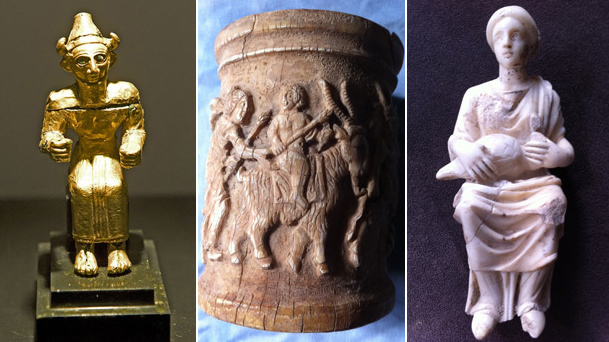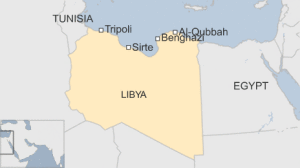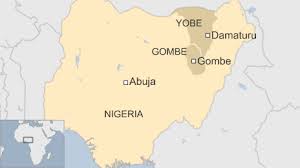Kathryn Maureen Ryan
Impunity Watch, Managing Editor
DAMASCUS, Syria – Urging global cooperation “to impair, isolate and incapacitate” terrorist threats, the United Nations Security Council recently approved measures targeting sources of funding for the Islamic State of Iraq and the Levant (ISIS) and the Al Qaida affiliated group the Al-Nusra Front. The Security Conceal condemned those parties who are buying oil from the groups, banning all trade in looted antiquities from Iraq and Syria, and calling on governments to end ransom payments for kidnapping victims. The Russian-led resolution was unanimously adopted by the Security Council.

The resolution condemns the destruction and smuggling of cultural heritage in Iraq and Syria by the Islamic State of Iraq and the Levant and the Al-Nusra Front, “whether such destruction is incidental or deliberate, including targeted destruction of religious sites and objects.” The resolution also notes concern that the groups are generating income from engaging directly or indirectly in the looting and smuggling of antiquities and other cultural heritage items.
“What started as opportunistic theft by some has turned into an organized transnational business that is helping fund terror,” said Michael Danti, an archaeologist at Boston University who is currently advising the United States Department of State on how to tackle the issue. “It’s the gravest cultural emergency I’ve seen.” While the Resolution focus on the activities of ISIS and the Al-Nusra Front evidence is mounting the regime of Syrian President of Bashar Al Assad is not only actively participating in the destruction of certain historical heritage sites but in profiteering from the looting of antiquities.
In 2012 an archaeologist trained that Damascus University and another Syrian archeologist college begin cataloging evidence of looting from all sides of the conflict. The team operates in secrecy to protect their work as they attempt to visit and examine sites targeted by looters. “It’s dangerous work. We have to get in and out of a site very quickly,” one of the archeologists said. “The looting has become systematic, and we can’t keep up.” The team operates in secrecy to protect themselves from loyalists and other groups participating in the cultural looting and destruction “The regime knows us and is looking for us,” because of work done to expose looting by Syrian regime loyalists, said the Damascus-trained archaeologist. “Other groups could kill us if they knew what we were doing, so we move in the shadows.”
Many of the antiquities are being sold by middlemen to wealthy collectors in the Gulf and eventually find their way into the global market. The black market antiquities trade is also to drugs and arms smuggling and human trafficking. While much of the world’s focus has been on importance of cutting off the Islamic State’s two principal sources of funding, the sale of Syrian oil and ransoms, the looting and smuggling of antiquities has become a growing source of funding for ISIS. Locations targeted in Syria for looting include historic sites that have been designated as UNESCO world heritage sites including the ruined city of Palmyra, the crusader castle Crac des Chevaliers and medieval buildings in Aleppo. Experts believe this looting, as well as shocking demolition of ancient relics and historic sites by the extremist group including the 2,800-year-old Hittite sculptures in Raqqa, represents the largest threat to artwork and cultural heritage sites since World War II. The looting of Syrian antiquities robs the Syrian people of their cultural property and ultimately their history as the cultural treasures from what is considered to be the birthplace of western civilized are spirited away and sold to the highest bidder, all to fuel and finance more death and destruction.
For more information please see:
BBC News – The Men Who Smuggle the Loot That Funds IS – 16 February 2015
International Business Times Australia – SIS’ Looting Of Precious Relics in Syria ‘Biggest Threat’ To Art since World War II – 12 February 2015
The Smithsonian – Can Antiquities Looting In Syria Be Stopped? – 12 February 2015
United Nations News Centre – Security Council Approves Resolution Targeting Sources of Financing for ISIL – 12 February 2015
The Independent – Call for UK to Take Tougher Action to Save Antiquities from Isis – 11 February 2015
The Wall Street Journal – Culture Brigade: Syrian ‘Monuments Men’ Race To Protect Antiquities as Looting Bankrolls Terror – 10 February 2015
National Geographic – ISIS Cashing In On Looted Antiquities to Fuel Iraq Insurgency – 26 June 2015


